The Ghostlight Project
On the days following November 8, 2016, I felt helpless.
I thought to myself: What can I possibly do? I am an artist, not a politician. My tool is artistic expression, not legislation. The theatre—which apart from being a citizen, I consider my primary community—already embodies tolerance and inclusion. What more could I possibly do to diminish the divisive rhetoric that was all of a sudden becoming permissible, sanctioned by a belligerent voice that was on the brink of becoming extremely powerful?
As the days and weeks passed, rather than slip into complacency, it became clear to me that one of the things I could do was to amplify and cement the virtues espoused by the theatre community. Fortuitously, I was asked to join the steering committee of The Ghostlight Project, and my answer was an emphatic yes.
The premise is this: on January 19, 2017 at 5:30 pm in each time zone across the country, members of the theatre community—from Broadway to regional theatres to high schools and colleges and community theatres—will come together to launch The Ghostlight Project. Gathering outside of theatres on the eve of the Presidential Inauguration, the theatre community and fellow citizens will join in a collective, simultaneous action, together creating “light” for challenging times ahead. Inspired by the tradition of leaving a "ghost light" on in a darkened theatre, artists and communities will make or renew a pledge to stand for and protect the values of inclusion, participation, and compassion for everyone, regardless of race, class, religion, country of origin, immigration status, (dis)ability, gender identity, or sexual orientation.
January 19th will be a moment of gathering within a larger resistance to intolerance at all levels. We aim to create brave spaces that will serve as lights in the coming years. We aim to activate a network of people across the country working to support vulnerable communities. This is not a substitution for protests or direct action, but rather a pledge for continued vigilance and increased advocacy.
The event on January 19th marks the initiation for some artists and theatres, and marks another step for others with a long history of fighting for social justice and equity. As the participants all have varied backgrounds, so too is it up to each institution and individual to determine what ongoing action will best serve their institution and community.
Inspired by the tradition of leaving a 'ghost light' on in a darkened theatre, artists and communities will make or renew a pledge to stand for and protect the values of inclusion, participation, and compassion for everyone, regardless of race, class, religion, country of origin, immigration status, (dis)ability, gender identity, or sexual orientation.
Looking towards the months and years ahead, The Ghostlight Project will be a resource for theatres, arts communities, and individuals to identify and create meaningful action steps, or to continue in the social justice work already underway. Here are some initial suggestions to serve as inspiration for those interested in additional action:
Individuals
- Rally a team of actors, staff, and artists to make monthly donations (through platforms like Charity Navigator) to organizations supporting people within vulnerable communities.
- Create a volunteer team to do a monthly "Service Monday."
- Become an expert on a topic, state, or key issue vulnerable in the next six months. Be a resource hub for that issue, sharing your knowledge and expertise with others to become more informed.
- Make daily or weekly calls to local and state representatives regarding issues important to you.
- Create a fellow artist phone tree to call elected officials.
- Connect people with organizations and nonprofits supporting various issues. Become a resource for sharing and disseminating information.
Institutions:
Pledge that you want to be a place of diversity and inclusion.
Acknowledge if this hasn't historically been true.
Listen to the communities and organizations you want to support. What are their concerns and needs?
- Build (or strengthen) a one-on-one relationship with a single service organization or social justice non-profit to whom you can devote time, human resources, and resource resources. Offer tickets, talkbacks, and tours, and give them space to get to know you as deeply as possible, and so they can make informed decisions and asks. Reenvision what true partnership and collaboration might look like together.
- Schedule meetings with organizations your theatre has interfaced with through outreach and education programs to hear how they might be interested in partnering with your theatre down the road. What are their needs within the current landscape?
- Share knowledge of social justice actions, programs, and initiatives your institution has created and sustained that others may learn from.
- Connect with social justice and POC-focused theatres to amplify and magnify collective efforts.
- Set benchmarks/be knowledgeable about the demographics of your board, staff, and audiences. Get a demographic breakdown of your city and set a goal that in X years, you will match it.
- Offer space for meetings, events, fundraisers, and trainings to social justice organizations. Host community meals for staff, community members, and neighbors to build connections.
- Connect with institutions in your neighborhood. Visit the mosque down the street every week. Visit the LGBTQIA club at the nearest high school and empower them to tell their stories.
The list of theatres and artistic institutions joining the project has been growing at a rapid rate, currently at forty-three states.
Some have asked: is this event necessary? Useful? Does it overshadow the work already being done by arts institutions behind the scenes to address injustices and inequalities of representation?
To that I say it is not merely necessary, but essential. The act of expressing something out loud has significance. Protests and public proclamations are important because they demonstrate solidarity and a firmness of belief. Our most solemn ceremonies—weddings, graduations, ordinations—are by design public and communal because they demand witnesses. By standing outside the privacy afforded by one’s four walls and declaring something in full voice, one asks to be held accountable for the stance being taken.
On January 19, the theatre community will reiterate and reaffirm, to ourselves and the world, our humanistic stance in the face of hateful and divisive rhetoric: all are welcome.

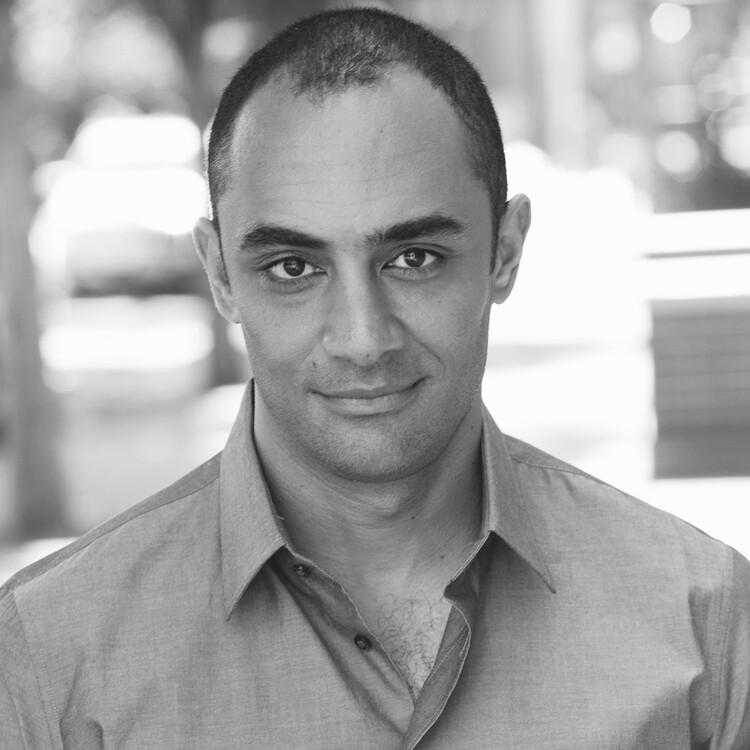
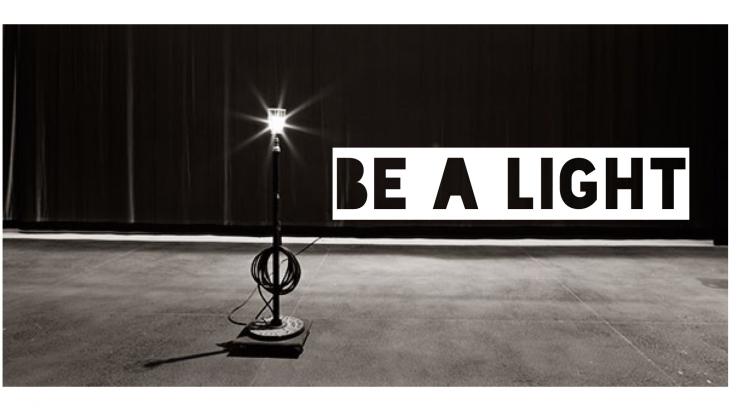
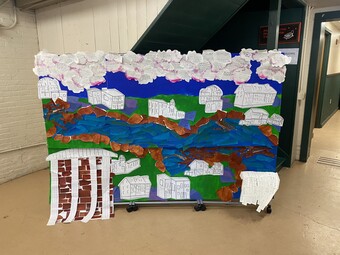

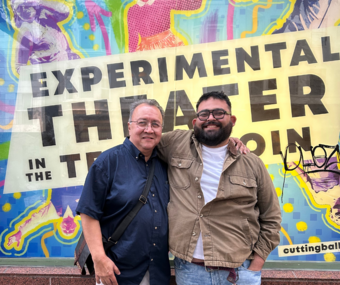


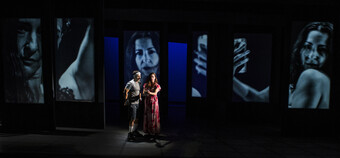


Comments
The article is just the start of the conversation—we want to know what you think about this subject, too! HowlRound is a space for knowledge-sharing, and we welcome spirited, thoughtful, and on-topic dialogue. Find our full comments policy here
I would hope that this is will be viewed as a kickoff to take political action beyond this moment. It's not enough to make a complacent, albiet pretentious, showing within the confines of our artistic chambers. The work is contacting senators, participate in marches, show-up at public appearances of congressmen and local government. Otherwise, it's just a self-satisfying showing to our peers that makes us feel better about ourselves. If we follow the true premise of The Ghostlight Project, we can make a difference.